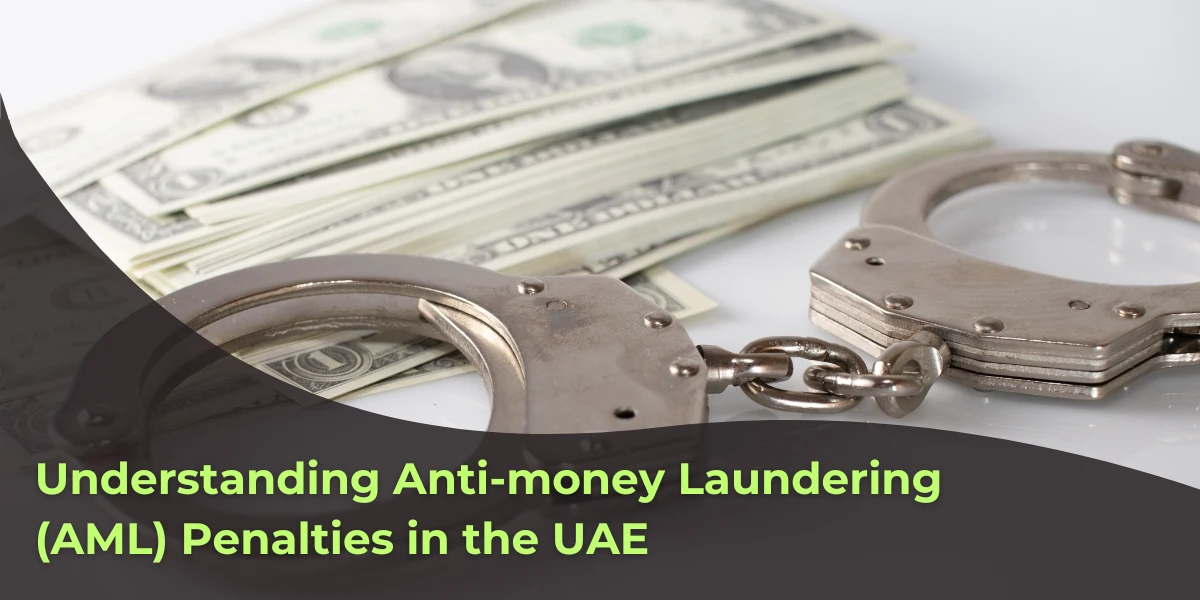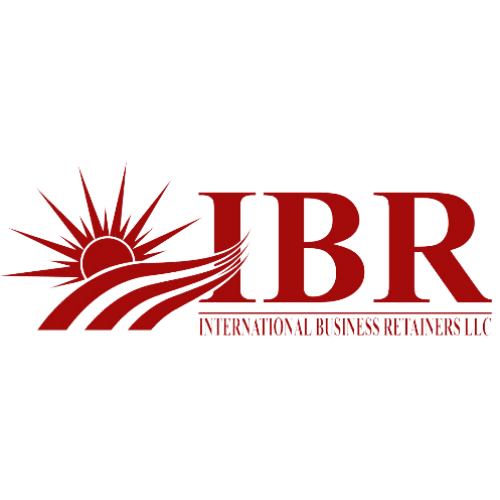
Anti-Money Laundering (AML) Penalties in the UAE
The United Arab Emirates (UAE) is acknowledged as a global center for business, drawing professionals and companies from all over the world. But being a major international economic hub also means there’s a chance of financial fraud, money laundering, and financing of terrorism. In order to protect its financial system and economy from these dangers, the UAE government has put strict Anti-Money Laundering (AML) laws into place. A detailed list of sanctions has been released by the UAE Ministry of Economy to maintain AML compliance and discourage fraudulent actions in the Designated Non-Financial Businesses and Professions (DNFBPs) under their supervision.
What does Money Laundering mean?
Any financial or banking transaction intended to disguise or change the source of funds obtained illegally is referred to as Money Laundering. This is done by repurchasing and investing the funds through the financial and banking system under false pretenses of credibility.
The UAE's AML Penalties
A fine of ONE MILLION DIRHAMS or more
• Not taking extra precautions before starting or continuing a commercial engagement with clients who are on national or municipal sanction lists.
• Using fictional, fake, or alias names or numbers instead of the names of the account holders while opening or maintaining bank accounts.
• Engaging in any kind of transaction with unapproved banks.
A fine of at least 200,000 DIRHAMS
• Not managing high-risk consumers with additional due diligence procedures.
• Failing to notify the Financial Information Unit (FIU) of suspicious transactions where it is not feasible to carry out due diligence prior to entering into a business partnership.
• Not answering the FIU’s demands for more details on transactions that were reported as suspicious.
• Expressing to clients or other parties, either directly or indirectly, your plan to denounce them for possible violations of the terms of your business partnership.
• The National Committee for Combating Money Laundering’s recommended safeguards for clients from high-risk nations were not followed.
A fine of at least 100,000 DIRHAMS
• Failing to take the required steps to assess the likelihood of crime in the DNFBPs’ area of expertise.
• Not recognizing and assessing the risks involved in creating new services or professional activities.
• Not carrying out client due diligence procedures prior to starting or maintaining a commercial connection.
• Not employing trustworthy and independent sources to confirm the beneficiary’s identity and the customer’s identity prior to entering into a business partnership or carrying out transactions.
• Failing to notify the FBI of suspicious transactions as soon as there are good reasons to believe they are connected to illegal conduct.
• Not carrying out due diligence procedures for clients who are politically exposed.
• The neglect to maintain documentation of monetary exchanges with clients.
A fine of at least 50,000 DIRHAMS
• Not offering staff training on preventing the funding of terrorism and money laundering.
• Not ensuring that information about customers’ monitoring and due diligence is accessible to the appropriate authorities.
• Not maintaining five years’ worth of financial transaction records and necessary paperwork.
• Preserving financial transaction documents in a way that makes tracking and data analysis difficult.
• Not designating a compliance officer.
• Neglecting to carry out due diligence procedures for ongoing supervision during the business partnership.
• Not comprehending the ownership structure and nature of the client’s business.
• Not getting the information required regarding the goal of the business partnership.
• Neglecting to implement streamlined due diligence procedures for clients deemed low-risk.
• Lack of internal controls, policies, and processes to stop money laundering and deal with dubious business dealings.
• Not taking the required actions to lessen risks that have been recognized in accordance with the findings of a self- or national risk assessment.
Conclusion:
The implementation of severe fines on Designated Non-Financial Businesses and Professions is one way that the UAE’s Ministry of Economy has shown its commitment to fighting money laundering and financial support for terrorism. The United Arab Emirates seeks to discourage unlawful financial activity and preserve its standing as a global center for commerce by enforcing this extensive list of penalties. To protect themselves from financial fraud and malpractices, DNFBPs in the UAE should make sure they abide by AML requirements and maintain strong internal controls, strengthened by AML Compliance Services in UAE. Businesses in the UAE cannot prosper without a culture of compliance, ongoing employee training, and cooperation with regulatory bodies under the direction of AML Compliance Specialists in UAE.
